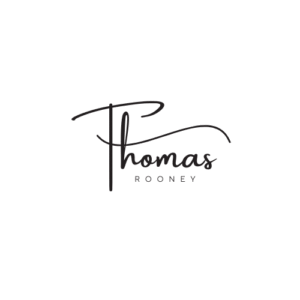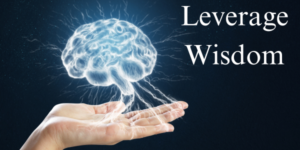Organizations increasingly turn to consultants for guidance and support in a rapidly evolving world of constant change and uncertainty. While many perceive consulting as a mere knowledge transfer, it encompasses much more than this focused exchange. Effective consulting is akin to a form of mentorship where wisdom gained from experience, foresight, and skills is leveraged to navigate challenges, streamline processes, and prevent potential issues.This post explores how consulting evolves from knowledge transfer to a proactive tool for risk mitigation and success.
Understanding the Essence of Consulting
Consulting, at its core, involves the provision of expert advice tailored to a client’s unique needs and circumstances. Consultants offer industry-specific insights and recommendations based on their specialized knowledge and expertise. However, the value of consulting goes far beyond sharing information or delivering solutions to specific problems.
1. Distinguishing Knowledge from Wisdom
A critical distinction in the context of consulting is between knowledge and wisdom. Knowledge refers to accumulating various disciplines’ facts, figures, theories, and methodologies. Knowledge is essential, but it often fails to provide comprehensive support in consulting situations.
Wisdom, conversely, is the application of knowledge gained through experience, insight, and discernment.It involves understanding complexities and context to provide clients with tailored strategies and ensure that recommendations are effective and relevant.
The Consultant, as a Navigator
In many ways, a consultant acts as an organization’s navigator. Organizations often face a dense fog of challenges, uncertainties, and opportunities.Consultants guide clients by leveraging knowledge and the wisdom of “why” and “how” to navigate challenges.
1. Identifying Potential Issues
One primary avenue through which consultants utilize wisdom is identifying potential challenges before they manifest. This preemptive approach relies heavily on a consultant’s ability to analyze historical data, trends, and patterns and a keen understanding of the ever-evolving market landscape.
For example, a financial consultant with years of experience may identify warning signs of decreased liquidity in a client’s business model—insight drawn from previous encounters with similar scenarios. By foreseeing potential cash flow issues, the consultant can recommend adjustments that safeguard the client’s operations rather than waiting for financial distress.
2. Providing Strategic Guidance
Consultants are often called upon to provide strategic guidance, but this goes beyond presenting a strategy or a roadmap. Experienced consultants employ their wisdom to craft recommendations grounded in a deep understanding of best practices, risk tolerance, and organizational culture.
When advising a corporation on entering a new market, a seasoned consultant would not merely present analytical data about market trends. Instead, they would consider factors such as competitive dynamics, regulatory requirements, and the organization’s capabilities. This holistic approach allows clients to make informed decisions more likely to yield successful outcomes.
Fostering a Culture of Preventive Thinking
Effective consulting should fundamentally aim to foster a prevention mindset within an organization. This is about addressing immediate issues and embedding practices that allow organizations to anticipate challenges before they arise. By cultivating a culture of preventive thinking, organizations can better navigate the complexities of their environments.
1. Training and Development
One way consultants drive this cultural shift is through training and development initiatives. Organizations can create an agile workforce capable of responding proactively by empowering staff at all levels with the skills to recognize early warning signs of potential issues. Workshops led by consultants might cover topics such as risk assessment, change management, and problem-solving, thus equipping employees with tools beyond the engagement period.
2. Building Relationships and Trust
Consulting is often built on relationships. The engagement dynamic transforms when organizations view consultants as trusted allies rather than temporary advisers. The depth of knowledge gained during various interventions fosters a collaborative relationship where insights can flow in both directions. An organic exchange of ideas can reveal underlying issues whose solutions may not be immediately apparent, allowing for a more comprehensive approach to problem prevention.
Conclusion: The Transformative Power of Wise Consulting
In an ever-fast-changing business environment laden with uncertainty, the role of consultants is becoming increasingly pivotal. Their ability to provide insightful, strategic guidance birthed from experience and wisdom transcends the traditional notion of knowledge transfer. By focusing on preventing issues through proactive engagement, consultants help organizations build resilience and lay the foundation for sustainable growth.
This transformative power makes effective consulting an essential investment for organizations seeking to navigate their pathways strategically in a tumultuous world. When organizations recognize the value of wisdom in addition to knowledge, they not only enhance their decision-making processes but also create opportunities to foster long-term success and innovation.
As the consulting profession continues to evolve, embracing this holistic approach will define the future of consulting—transforming it from a transactional process into a partnership in which wisdom serves as the guiding light to navigate the complexities of today and tomorrow.

